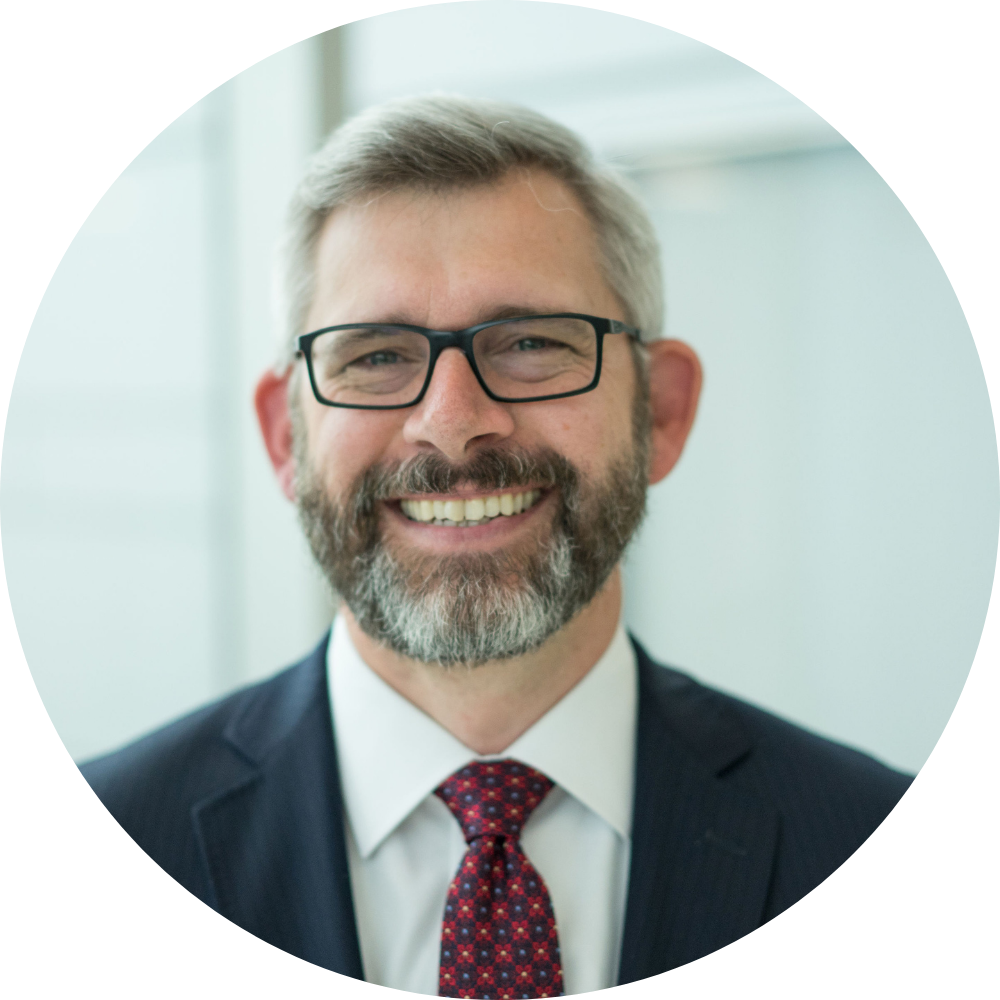Finding Your Rhythm: Reflections on Work and Renewal

Luke A. Palmer, CFP®, AAMS®, CRPS®, AWMA®, Owner and CEO
20 May 2025
As the CEO of Palmer Wealth Group, I’ve had the privilege of observing what truly drives sustainable success across many fields and industries. In today’s world where digital connectivity never ceases and there’s always more to be done, I’ve come to a realization that might seem counterintuitive: our greatest achievements don’t come from constant labor, but from thoughtful rhythms of focused work and intentional breaks. Organizations that recognize this truth not only see higher levels of productivity but also improved job satisfaction and reduced turnover rates. The integration of strategic breaks has proven to be a key factor in transforming both our professional lives and personal wellbeing. The benefits of breaks extend far beyond the realm of productivity into our overall health and fulfillment.
The virtue of hard work runs deep in our cultural narrative. We admire those who put in long hours and celebrate the hustle mentality. This dedication certainly plays a vital role in accomplishment, and I deeply respect the diligence I’ve witnessed in successful individuals throughout my career. Yet experience has taught me that relentless work without regular breaks leads not to greater achievement, but to diminishing returns and depleted energy levels. Research consistently shows that organizations promoting natural cycles of work and rest see higher job satisfaction alongside improved outcomes and significantly reduced stress levels.
The science of human performance has fascinated me throughout my professional journey. Research consistently reveals that our minds operate in natural rhythms of productivity—typically 50 to 90 minutes of peak focus before requiring renewal. These ultradian rhythms, along with our daily circadian rhythms, aren’t weaknesses to overcome, but biological realities to respect. When we honor these natural cycles, we don’t accomplish less; we experience significant improvements in productivity.
I’ve observed countless high-achievers pride themselves on working fourteen-hour days without frequent breaks, only to experience a significant decline in productivity as mental fatigue sets in. What they could have accomplished with a refreshed mind in half the time often takes twice as long with half the quality. The cost of continuous cognitive exertion for an extended period extends beyond reduced efficiency. It affects creativity, judgment, cognitive performance, and ultimately, the quality of whatever work we pursue.
True efficiency isn’t about constant motion, but about purposeful engagement. The most crucial decisions and challenging tasks in any field require clear thinking, sound judgment, optimal cognitive function, and mental acuity—qualities that deteriorate when we push ourselves beyond our limits. Taking regular breaks isn’t a concession to weakness; it’s a strategic approach to maintaining optimal performance. Interestingly, research suggests that optimal productivity requires adjusting our break patterns based on task complexity—lighter administrative tasks may need less frequent pauses than intellectually demanding work.
I’ve found my own rhythm over the years. Periods of intense focus for exactly 45 minutes followed by intentional breaks of 15 minutes work best for my mind. Some of my colleagues swear by the alternating pattern of 90 minutes of concentration followed by 17-minute breaks. These break intervals should be customized to your personal cognitive patterns for maximum effectiveness. During these structured breaks, I step away from my desk, engage in light physical activity, look out at the world beyond immediate concerns, and take a few moments to breathe deeply. This break time doesn’t detract from productivity; it enhances it by allowing me to return to tasks with renewed mental focus. I’ve adopted a structured approach to ensure these breaks actually happen—they’re as important as any meeting on my calendar.
The quality of these breaks matters significantly. Checking emails or scrolling through news updates doesn’t provide the mental space needed for true renewal. Instead, brief walks, moments of reflection, or even short conversations about matters unrelated to immediate tasks allow our minds to reset. Many professionals find it helpful to step completely away from digital tools during breaks—the very tools that enable our work can also prevent true mental recovery when used continuously. Each person must discover which renewal activities work best for their particular circumstances to combat mental fatigue and maintain uninterrupted focus when it matters most.
I’ve also come to value longer periods of recreation and disconnection. Time completely away from work—whether evenings, weekends, or vacations—makes us better when we return. The perspective gained during these periods often leads to our most innovative solutions and insights. Distance creates clarity that proximity cannot provide, benefiting both our professional endeavors and personal lives. The benefits of breaks accumulate over time, much like compound interest, creating a reservoir of creativity and resilience that serves us well when facing challenging tasks.
In finance, we understand the power of compound interest—how small, consistent actions build to remarkable results over time. Our approach to work follows the same principle. Small, intentional breaks compound into sustained high performance. Strategic breaks aren’t the opposite of work ethic; they’re what makes true work ethic sustainable. By taking frequent breaks to restore energy levels, we actually enhance our capacity for excellence and achieve optimal productivity.
I encourage you to find your optimal rhythm. Notice when your focus naturally peaks and wanes. Schedule your most demanding tasks during your periods of greatest clarity and highest energy levels, while reserving lower-energy periods for administrative tasks that require less creative thinking. And most importantly, give yourself permission to step back and renew regularly.
The most valuable insights often emerge in the space between efforts—when our minds have room to integrate, connect, and create. By honoring both focused work and strategic renewal, we not only produce better results but also build lives that remain fulfilling and sustainable for the long term.
Excellence isn’t about endless exertion. It’s about the thoughtful orchestration of effort and renewal. This balance leads not just to better work, but to a better life.
© 2025, Palmer Wealth Group™.
Schedule a Conversation
Discover personalized wealth strategies designed for your unique financial journey.
